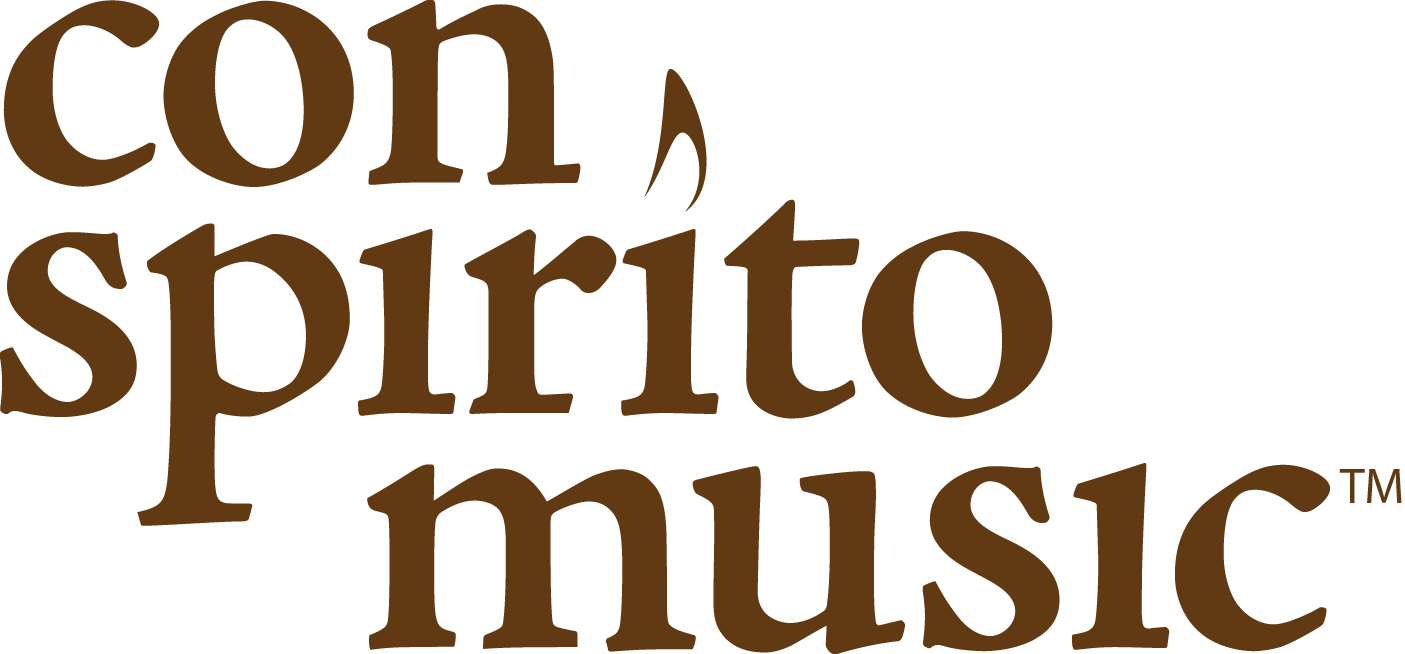“I Heard the Voice of Jesus Say” was written by Scottish clergyman Horatius Bonar (1808-1889) and published, without music, in his Hymns Original and Selected (1850) under the scripture verse “Of His fullness have all we received, and grace for grace.” (John 1:16) It was subsequently published in his Hymns of Faith and Hope (1857), with the same scripture reference, under the title “The Voice From Galilee.”
At the time, both the Church of Scotland and the Free Church of Scotland practiced the singing only of metrical paraphrases of the Psalms in worship, and Bonar was concerned about how little his parishioners understood of these and other scriptures. Bonar wrote over 600 hymns, desiring to provide simple texts with strong allusions to scripture that would be edifying and useful in Sabbath school and personal devotions.
A subjective or “inward-looking” hymn, “I Heard the Voice of Jesus Say” contains three verses, with each referencing a statement made by Jesus, followed by a personal response. Verse 1 alludes to Matthew 11:28–30 (“Come to me, all who labor and are heavy laden, and I will give you rest”), with the personal response “I came to Jesus as I was.” Verse 2 alludes to John 4:10–14, where Jesus offers living water to the woman at the well, with the response “I came to Jesus and I drank.” Verse 3 alludes to John 8:12 (“I am the light of the world”), with the response “I looked to Jesus and I found in Him my Star, my Sun.”
Several composers wrote or adapted music to “I Heard the Voice of Jesus Say,” including John Bacchus Dykes (1823-1876), who composed VOX DILECTI for the text, and Ralph Vaughan Williams (1872-1958), who adapted the English folk-tune KINGSFOLD to it. This arrangement sets the text to the THIRD MODE MELODY (or THE THIRD TUNE), one of nine Tunes for Archbishop Parker’s Psalter (1567) written by the English composer Thomas Tallis (1505-1585). In each verse, the saying of Jesus is sung in unison (v. 1, solo or unison women; v. 2, unison men; v. 3, mostly unison by all voices), and the response is fully harmonized.
SATB/organ score (8 pages, 8.5×11″)
- To purchase from JW Pepper
For printed copies or for ePrint/ePrint Go (digital) format, follow this link to the product page on JWPepper.com >> - To purchase from Sheet Music Plus
For digital download, follow this link to the product page on SheetMusicPlus.com >>
